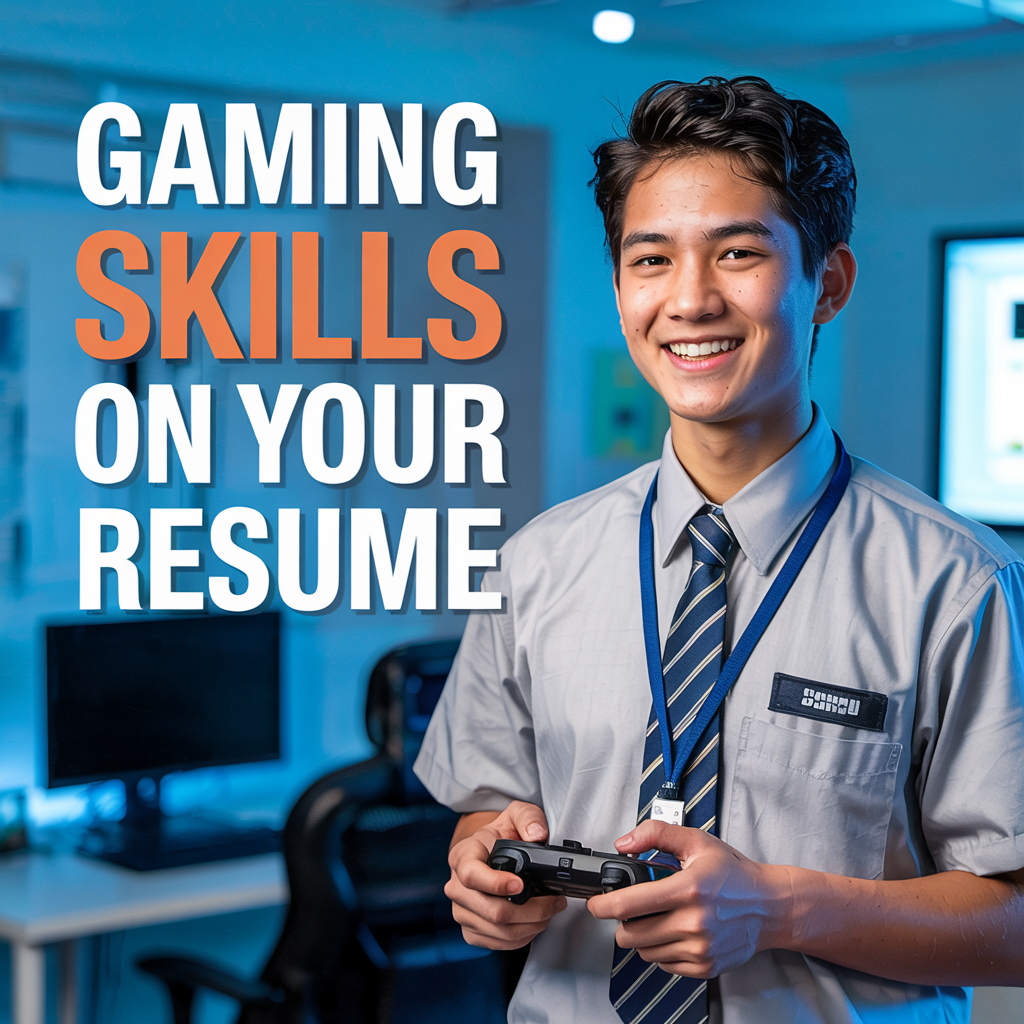From Gaming Wins to Resume Skills: Translating Non-Traditional Experiences

When you think about activities for college applications, maybe sports, clubs, or volunteering come to mind. But what about the hours you spend leading a guild in an online game? Or managing a fan community? Or even building a following on Twitch? These are non-traditional extracurriculars, and they can build valuable skills. The trick is learning how to talk about them effectively. You can put gaming skills resume-worthy points on your application if you frame them right. Consider showcasing these experiences on your Cirkled in profile at to highlight your unique talents.
What Are Non-Traditional Extracurriculars?
These are activities you do outside of school that aren’t the typical clubs or sports. They often happen online or are related to hobbies. Examples include:
- Competitive online gaming (esports or team-based games)
- Streaming your gameplay or other content
- Creating videos or other content online
- Managing online communities (like a Discord server or forum)
- Coding personal projects
- Buying and selling items online (like sneakers or collectibles)
- Organizing online events or meetups
- Extensive world-building or storytelling in games
These activities take time, dedication, and often involve developing real skills.
Why These Experiences Matter (Hint: Skills!)
Colleges want to see well-rounded students with diverse skills. Your non-traditional activities can show qualities they look for, like:
- Teamwork and Collaboration: Especially in multiplayer games or group projects online.
- Leadership: Leading a team, guild, or community.
- Strategy and Planning: Developing tactics in games or planning content.
- Problem Solving: Overcoming challenges in games, fixing tech issues for streaming, or managing community conflicts.
- Communication: Coordinating with teammates, engaging with an audience, writing guides.
- Technical Skills: Learning software, video editing, basic coding, managing platforms.
- Dedication and Persistence: Sticking with a challenging game or growing an online channel.
- Creativity: Designing game elements, creating content, building communities.
The key is to translate skills resume language understands.
Example: Skills from Online Gaming
Let’s say you play a team-based strategy game like League of Legends or Overwatch at a high level.
- Instead of saying: “Played video games.”
- Try describing skills like: “Collaborated with a 5-person international team in a competitive strategy game, requiring clear communication and quick decision-making under pressure.” or “Analyzed opponent strategies and developed counter-plans, leading team to top 10% ranking.” This shows teamwork online gaming and strategic thinking.
Example: Skills from Streaming or Content Creation
Maybe you stream yourself playing games or creating art on Twitch or YouTube.
- Instead of saying: “Streamed on Twitch.”
- Try describing skills like: “Built and managed an online community of 100+ viewers through regular content creation (streaming 10 hrs/week).” or “Developed technical skills in video editing and streaming software (OBS, Adobe Premiere) to produce engaging content.”
Example: Skills from Online Communities or Forums
Perhaps you help run a large Discord server for a hobby.
- Instead of saying: “Moderated a Discord.”
- Try describing skills like: “Co-managed an online community of 500+ members, resolving conflicts and organizing online events.” or “Developed community guidelines and communication strategies to foster a positive environment.” This shows leadership and problem solving hobbies can teach.
How to Talk About These Skills on Applications
Focus on the skills you gained, not just the activity itself. Use action verbs. Quantify your achievements when possible (e.g., team size, community size, rank achieved, hours spent).
Think about:
- What was your role? (Leader, member, creator, organizer)
- What did you achieve? (Won a tournament, grew an audience, solved a problem)
- What skills did you use or develop? (Communication, strategy, technical skills, leadership)
Where to Include Non-Traditional Experiences
- Activities List: This is the primary place. Describe the activity and your role, focusing on the skills gained. Cirkled in can help you organize and present these experiences effectively.
- Essays: A compelling story about overcoming a challenge in a game or building an online community could make a great essay topic, showing your character and skills.
- Additional Information Section: If you need more space to explain a significant non-traditional activity.
- Portfolio (if applicable): If you created content (videos, art, code), link to it in your portfolio.
Be Honest and Specific
Don’t exaggerate your role or achievements. Be ready to talk about the experience if asked in an interview. Be specific about the game, platform, or activity. Admission officers might not know the details, so explain briefly what it involved and highlight the transferable skills.
Final Thought: Your Unique Skills Have Value
Don’t discount your non-traditional extracurriculars. Whether it’s mastering strategy in a game, building an online audience, or managing a digital community, these experiences build real-world skills. Learn to identify those skills, describe them clearly using action verbs, and show colleges the unique value you bring. Your passions, even online ones, matter.
Need more tips on college applications, scholarships, or just how to survive this whole process? Cirkled In has your back—check out Cirkled In resources to help you through every step of your college journey!
Check out Cirkled In and start owning your future today!



0 Comments